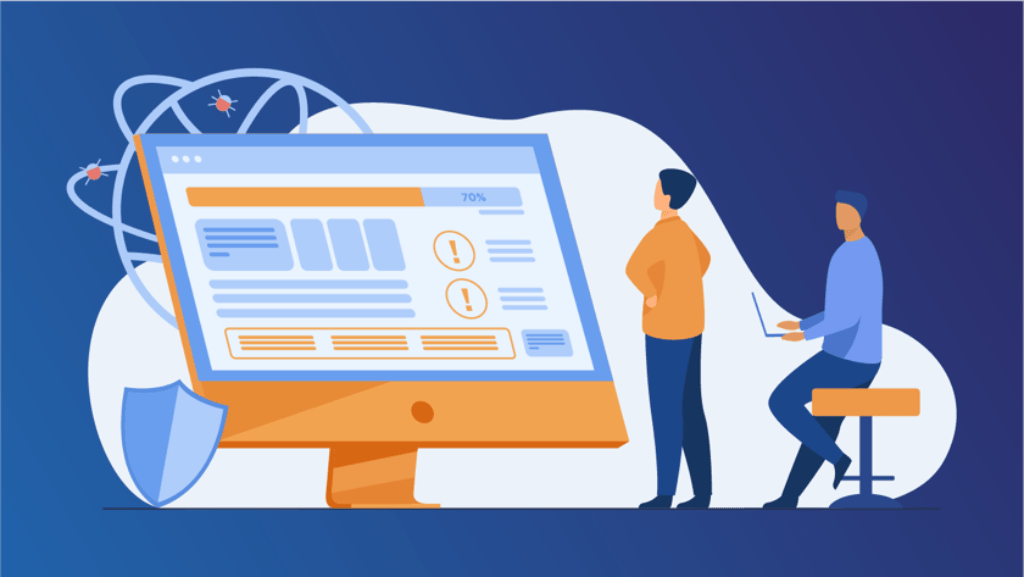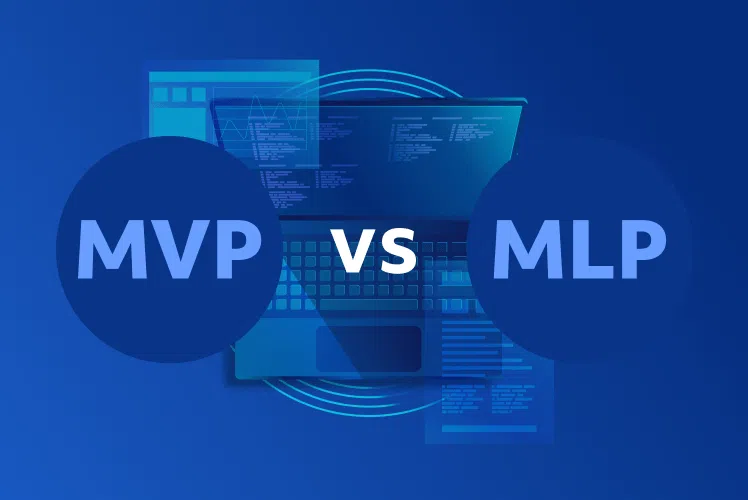Data Science is trending these days and many companies see it as an opportunity to skyrocket their business. However, most of them make the same mistake: is assuming you need a data scientist when you need a data engineer and vice versa. In this article, we will review the roles of both data scientist and data engineer and their main responsibilities. As well, we will talk about the business analyst role and how a knowledgeable BA can help your business.

The process of data collection and analysis
In order to better understand each role, first, we need to understand all the processes involved in working with the data. The basic steps are:
- Data collection by using external and internal sources;
- Creation of infrastructure and data storage;
- Data cleaning;
- Data processing and analysis;
- Creation of simple ML algorithms, testing;
- Use of data for AI and deep learning.
As you see, each step is different, and therefore, it will require different expertise and knowledge. Now, if we get back to the roles that we discuss, they belong to different steps: data engineer to Steps 1 and 2 and data scientist to Steps 3,4,5 (Step 6 is left for the Machine Learning Engineer). Let’s have a more detailed look.
Data engineer: role explained
The primary role of a data engineer is to build the infrastructure and architecture for data collection and generation. Data engineers create efficient data pipelines that generate and collect raw data and gradually transfer it to storage for further analysis. It can also be said that data engineers set the base for data scientists as they provide the data to work with.
The main responsibilities of a data engineer are:
- Design of the Big Data infrastructure;
- Creation of data pipelines;
- Testing and maintenance.
As for the desired qualifications, you’d expect the following from a data engineer:
- Experience with distributed systems;
- Experience with SQL/NoSQL database wrangling;
- Working knowledge of ETL pipelines;
- Experience with database design and configuration;
- Working with system architecture;
- Solid programming skills.
When do you need a data engineer?
If you have big plans for using your data and want to implement Machine Learning models, the first thing you’ll have to do is hiring a data engineer to take care of the data pipelines and infrastructure. This said, you need a data engineer at the very beginning of your Big Data journey – but only if you have long-term plans for the data.
The reason why we stress this point out is that work with Big Data is quite expensive and demands a significant amount of time and resources. We will talk about it in more detail below but for now, bear in mind that you need to hire data engineers and data scientists only if you are 100% sure your company will be using ML models and they will bring tangible results.
Data scientist: role explained
As mentioned above, a data engineer sets the stage for a data scientist whose primary goal is to analyze the data and extract valuable insights from it. With this said, a data scientist studies the data, does feature engineering, performs various testing, and creates simple ML algorithms. By doing so, a data scientist can later “feed” the cleaned data to an ML model and present the results to you.
The main responsibilities of a data scientist are:
- Data analysis;
- Data processing (“cleaning” raw data);
- Making hypotheses and testing them;
- Building prototype models to test their ideas and theories;
- Extracting needed insights from the data.
The requirements for a data scientist are the following:
- Programming skills;
- Experience with cloud computing;
- Experience in data visualization, wrangling, management;
- Good understanding of data structures and algorithms;
- Knowledge of statistical analysis;
- Solid understanding of Machine Learning and deep learning.
When do you need a data scientist?
It makes sense to hire a data scientist in conjunction with a data engineer so both specialists can work together on a task. And as said above, you need a data scientist when there is available and processed data and you need to extract insights from it that you can use for further business growth.
Data scientist or business analyst (or both)?
Remember we talked about how a business analyst may actually be the person whom you need? Now it’s time to explain in more detail.
A business analyst is a person who analyzes a business and its growth opportunities and uses the available data to make valuable decisions. Note that we said available data: meaning, a BA does not go around collecting it. As well, one more important thing about a BA to remember is very strong domain knowledge. A good business analyst should know the business and its environment inside out in order to successfully navigate and guide it.
A data scientist, on the contrary, is a person of science while a BA is a managerial position. The main task of a data scientist is to understand the data and to provide a business analyst something to work with. Of course, it’s nice if both professionals can work together but not many businesses can afford an in-house data scientist.
When do you need a business analyst?
If you feel like your business is in a state of stagnation or you lack a clear direction for further development and opportunities, a business analyst is a person whom you need. It often happens that a business needs a new perspective or a detailed market analysis to get back on track and in these cases, you don’t need a data scientist but a person who knows the industry and the best ways to find new opportunities.
Thus, you need a BA when:
- You want to analyze the current state of your business;
- You want to learn about potential opportunities and ways of reaching them;
- You need a development and growth strategy;
- You need to know the best ways to reach a high ROI.
As you see, all these goals can be reached by using available data and not necessarily Big Data. As well, a business analyst can assist any business, regardless of its domain, size, and type.
A data scientist, on the contrary, will be more useful for specific businesses whose profit depends on certain forecasts. A lending company, for example, would benefit from knowing what borrowers are trustworthy and who can be fraudulent. And in order to know that, it is obligatory to use a Machine Learning model that can draw predictions based on the data.
Conclusion
A data engineer and a data scientist are two different roles and each role is significant for your ML project. If you believe that your business requires the use of Machine Learning technology, be ready that you will need an ML team, consisting of different specialists who will take full care of the data extraction, processing, and analysis. However, if you have any doubts or suspect that business analysis is enough, a BA is your person of choice.
And if you feel like you need some guidance on making a decision, Softteco will gladly consult you and will come up with the best solution for your specific business. Contact us for more detail and we will offer you a suitable solution.


Comments